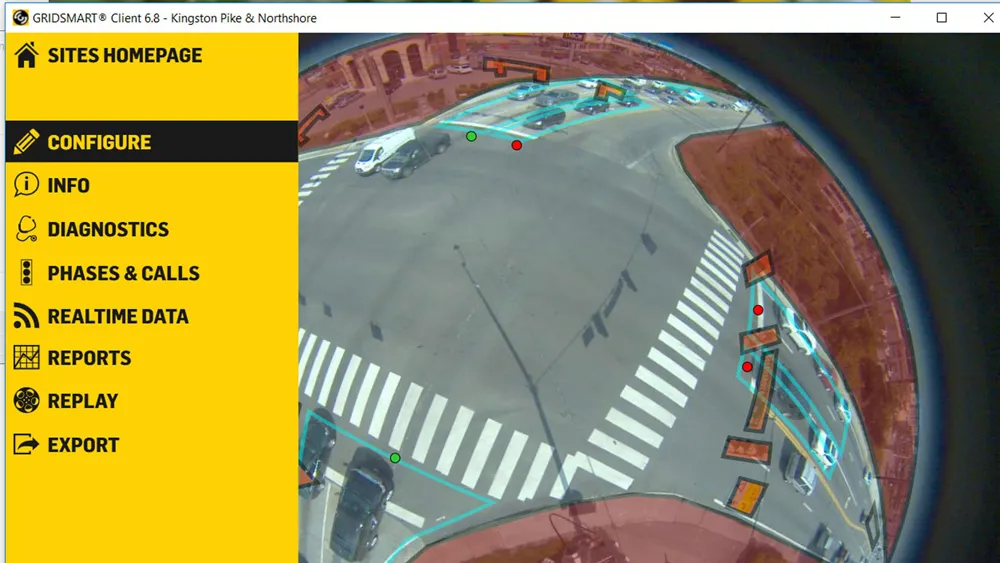The city of Las Vegas is partnering with data specialist Numina and technology company Motionloft in a pilot scheme to enhance pedestrian safety in its recently-established Innovation District, which aims to be the home of new transportation infrastructure and mobility technologies.
The purpose of the pilot is to observe foot traffic and cyclists as they interact with their surroundings, including vehicular traffic, and record data that will aid the city in improving its street design to achieve better flow and fewer unsafe incidents.
Numina provides cities with real-time data to make them more pedestrian and cycle-friendly. Its sensing and data platform uses computer vision to generate flow data about bicyclists, pedestrians and other objects in streets to show how people interact with the built environment so that planners can assess infrastructure usage at the street level and suggest redesigns to fit how people actually use the space.
Motionloft ‘s sensors analyse pedestrians, bicycles and vehicles inside and outside a location to obtain customer foot traffic and behaviour within a retail space, providing users with real-time and historical data and the ability to identify trends for decision-making.
City of Las Vegas deploys smart city technology to enhance pedestrian safety
The city of Las Vegas is partnering with data specialist Numina and technology company Motionloft in a pilot scheme to enhance pedestrian safety in its recently-established Innovation District, which aims to be the home of new transportation infrastructure and mobility technologies.
June 30, 2017
Read time: 2 mins










